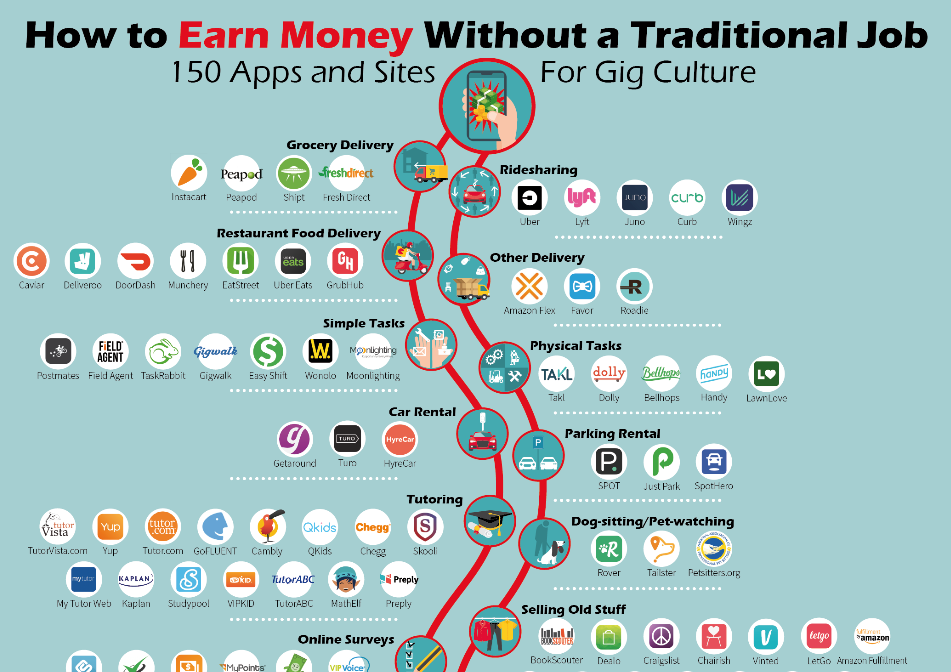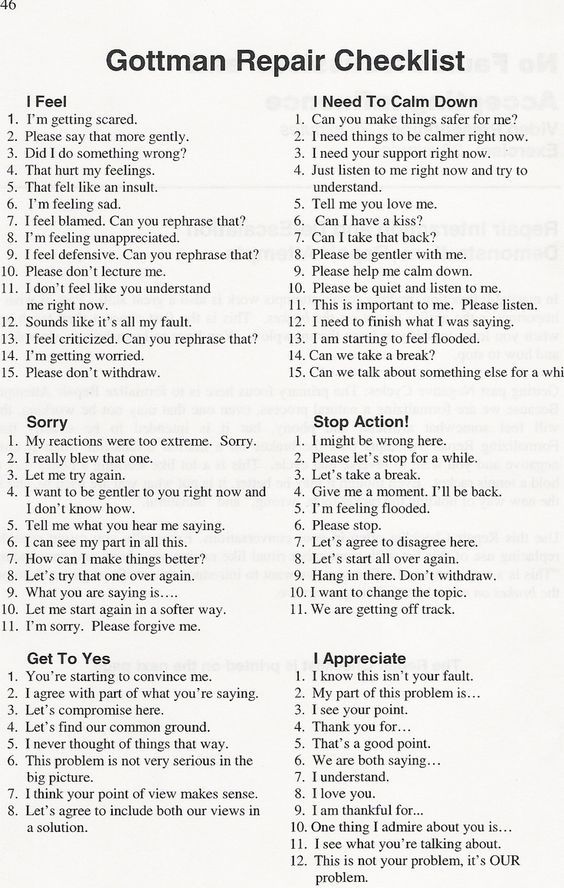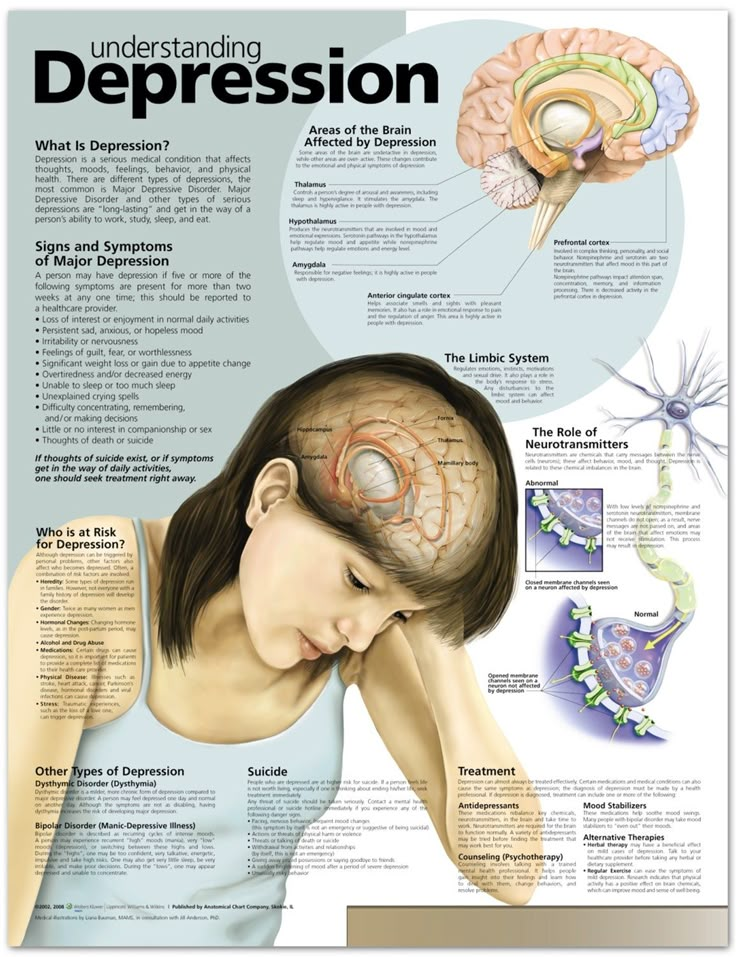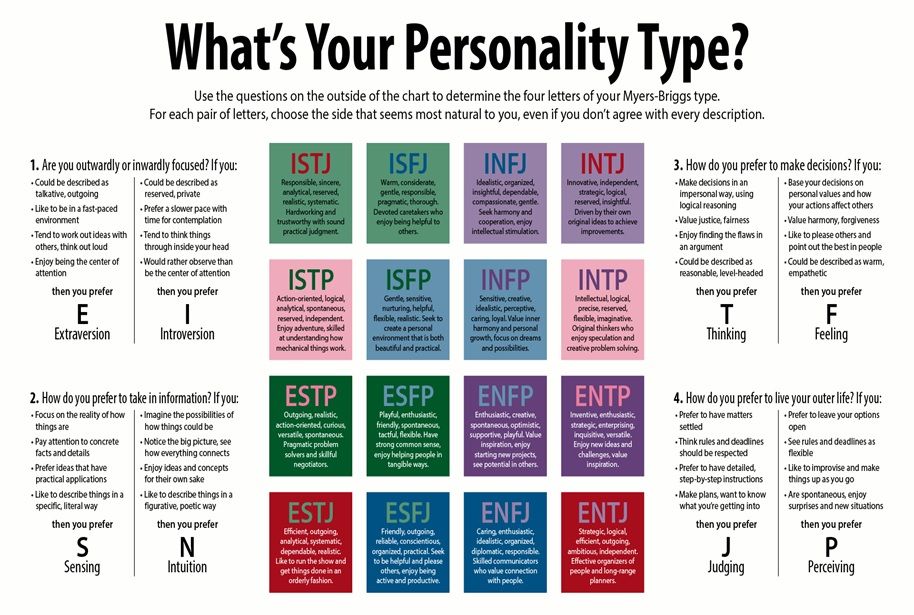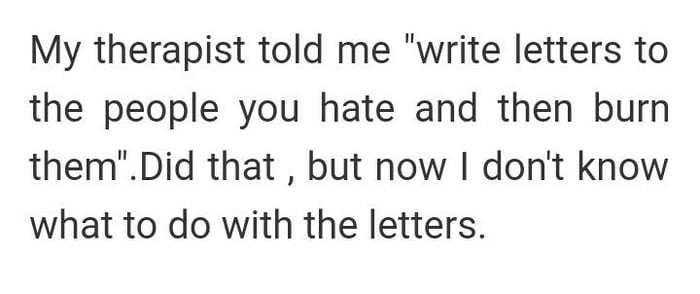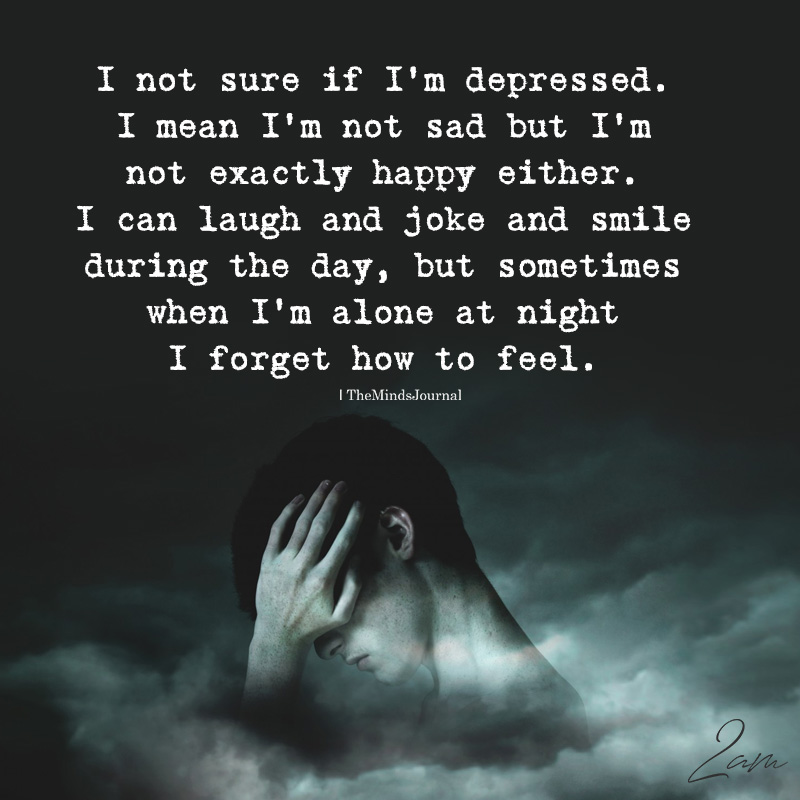How to get mental help without money
How to get treatment if you can't afford it
As the number of people diagnosed with mental health issues such as depression rises to new highs, the need for medical services to treat them is growing too. Approximately 56 percent of American adults with a mental illness do not receive treatment. There's also evidence of a dire lack of treatment among teens, with the CDC reporting that the suicide rate for teens is skyrocketing.
Why aren't people getting the help they need? The answer is complicated. On one hand there's the lingering stigma around mental illness that may hinder people from seeking care (a problem that campaigns like Mental Health Awareness Month aim to solve), but there's also the fact that our health care system has yet to treat mental health as comprehensively as it does physical health. There's no such thing as an insurance-covered annual mental health exam for instance, and therapists who do accept insurance are often working twice as hard just to get reimbursed by providers.
Having been through the ringer trying to not only find a therapist who accepts my insurance, but is also taking new clients, I'd just about given up on my personal quest for affordable services. Fortunately, after talking with a number of experts in the field, I've learned there a multiple ways to get the care I need without going broke in the process.
Seek in-network first — if you don't have healthcare, turn to Federally Qualified Health Centers
"People with health insurance should begin their journey to wellness on their health plan’s website. Health plans may manage their mental health benefits internally, or outsource them to a vendor. The health plan or vendor will specify the mental healthcare providers that are covered, any associated costs, and any benefit limitations," says Dr. Adam C. Powell, president of Payer+Provider Syndicate. "In many cases, health plans are required to offer comparable coverage for mental and physical healthcare coverage by the Paul Wellstone and Pete Domenici Mental Health Parity and Addiction Equity Act (MHPAEA). When MHPAEA applies, the financial requirements, quantitative treatment limitations, and non-quantitative treatment limitations applied to mental health benefits may not differ from those that are applied to physical health benefits."
When MHPAEA applies, the financial requirements, quantitative treatment limitations, and non-quantitative treatment limitations applied to mental health benefits may not differ from those that are applied to physical health benefits."
If insurance is not obtainable, Powell adds, you may seek help at a local social services agency, a student health center (if a student) or a Federally Qualified Health Center (aka, community-based healthcare centers that are government funded).
Sonya Veytsman, LCSW, suggests reaching out to the National Alliance on Mental Health (NAMI). "They have a helpline that offers free help 24/7. All you need to do is text NAMI to 741741."
Avoid visiting the ER if possible, not only because you'll likely get stuck with a huge bill, but because the ER, in Powell's estimation, "is not designed to work with people to improve their mental health over time. Care should only be sought at an emergency department in the event of an urgent crisis."
Private therapists will often work on a sliding scale — as low as $10/hour
Recently I found a few therapists who are taking new clients but not insurance.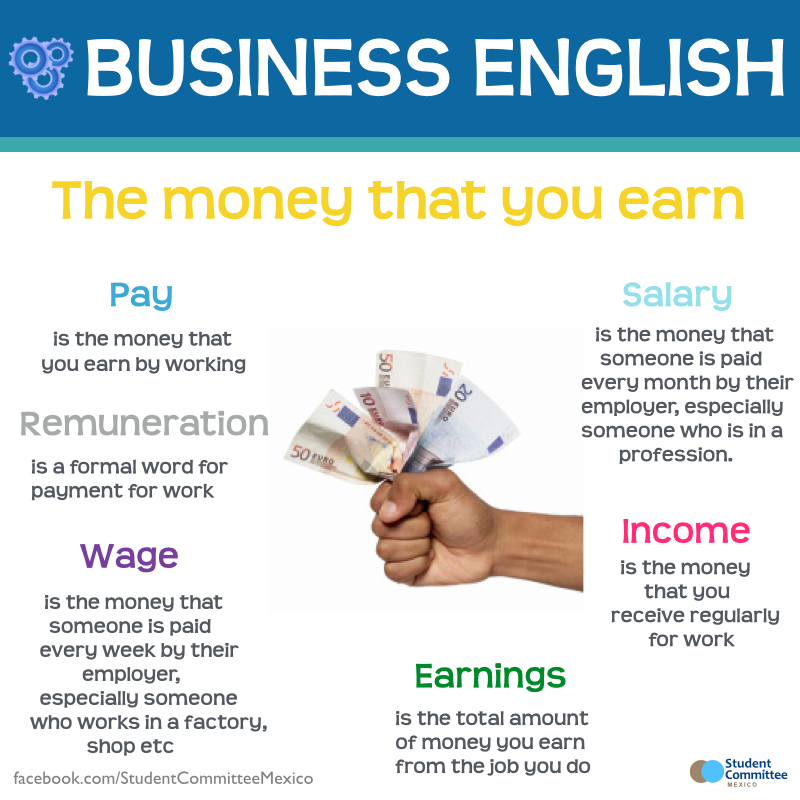 I was discouraged by their steep hourly rates and didn’t press, but I will now because often they’ll adjust their fee to match your financial resources.
I was discouraged by their steep hourly rates and didn’t press, but I will now because often they’ll adjust their fee to match your financial resources.
“[We often] just ask the patient how much they can afford, and try our best to make it work,” says Dr. Laura Chackes, founder of The Center for Mindfulness & CBT in St. Louis, Missouri. “Most of our therapists who do a sliding scale will slide down from $120 to about $60 per session. I am bringing on an intern this fall who will be able to see patients at an even lower rate ranging from $10-$50 per hour.”
Kailee Place, an LPC with the private practice Shifting Tides Therapeutic Solutions adds that she doesn’t take insurance, but does “make room for lower cost sessions within my practice. I strongly believe people should get the care they want to get, so if I seem like the best fit for someone, I am [usually] 100 percent willing to work with them regarding their financial needs.”
See if you’re eligible for Medicaid for free therapy
If you don’t have insurance coverage, check to see if you qualify for Medicaid (your income is the determining factor).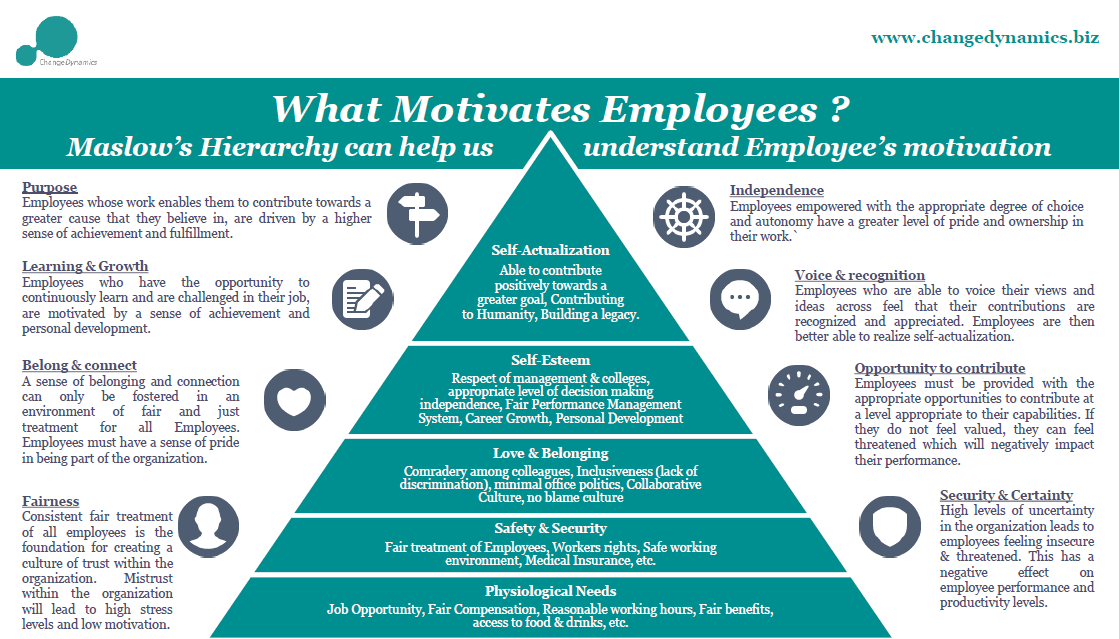
“If a person does not have commercial insurance but has medical assistance (Medicaid), then they need to look for someone who is in their network,” says Dr. Jesse Matthews, a licensed psychologist.
“Most providers who take Medicaid work at clinics or community mental health centers. Sometimes these are affiliated with universities and are used as training sites for graduate students. If a person has Medicaid, they should be able to access mental health care free of charge.”
Your local training institutes may provide free sessions for up to two years
Dr. Fran Walfish, a psychotherapist, suggests contacting your local Psychoanalytic Training Institute.
"They generally require the patient to commit to three to five times a week psychoanalytic therapy sessions over a period of at least one to two years in duration in exchange for free therapy," she tells NBC News BETTER. "The patient is assured to receive treatment from the same singular qualified M.D. who is getting supervision and advanced specific training in intensive long-term treatment. "
"
University hospitals are often eager to put students to work for a low fee — so are some non-profits
“Another alternative is to reach out to your closest teaching hospital that offers training programs to interns and residents,” adds Dr. Walfish. “Most qualified training hospitals have a department of psychiatry and outpatient psychology program that offers low-fee sliding scale psychotherapy. Finally, there are several private and state-funded non-profit agencies that offer very good quality psychotherapy on a sliding scale with fees set based on the individual’s prior income tax returns.”
Check out Open Path Psychotherapy Collective
Open Path Psychotherapy Collective is a nonprofit that matches middle- and lower-income people (and families) with affordable mental health services and education. Many therapists are working with them to help inform and provide for those in need, among them Vinodha Joly, LMFT.
Joly says she was happy to find a nonprofit that was aligned with her own personal values. "My experience with Open Path has been positive from the get-go as their mission is clearly to make mental health more affordable, without exploiting therapists who are willing to offer their services,” Joly explains. Open Path connects patients with mental health professionals with rates that range from $30 to $50 per hour.
"My experience with Open Path has been positive from the get-go as their mission is clearly to make mental health more affordable, without exploiting therapists who are willing to offer their services,” Joly explains. Open Path connects patients with mental health professionals with rates that range from $30 to $50 per hour.
Don’t give up — the resources are out there, possibly on your smartphone
Experts concur that it make take some time and effort to find a mental health provider, but your search will likely pay off. In the interim, you might want to turn to your smartphone.
“Tele-mental health in all forms has become a huge resource and there are great resources online offered by large health systems,” says Harry Nelson, managing partner of Nelson Hardiman, head of the Behavioral Health Association of Providers and co-author of “From ObamaCare To TrumpCare: Why You Should Care.” “The challenge there is that you need to be licensed in the state where the patient lives, but that said, we've seen a flourishing growth in treatment of all mental health by telemedicine and I expect it to grow exponentially.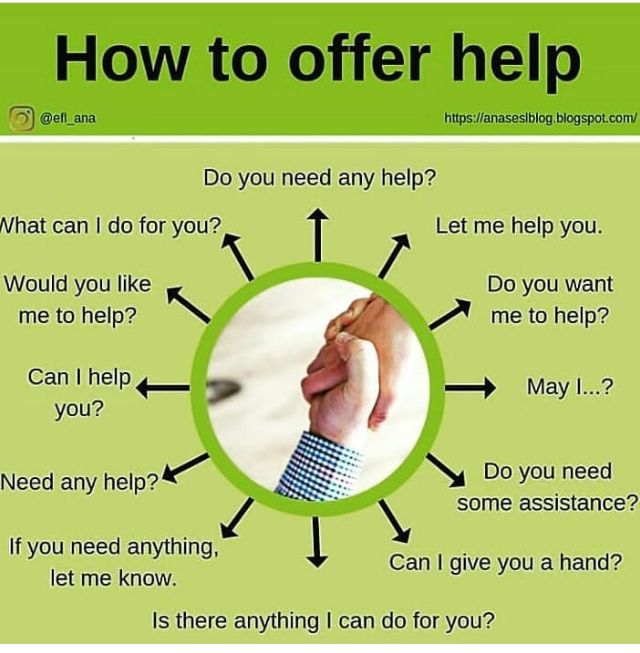 ” Reach out to your local hospital system to ask if they offer these services.
” Reach out to your local hospital system to ask if they offer these services.
If you’re really hurting, check into a clinic and/or call for help
If you’re desperately in need of immediate mental health services, visit a community mental health clinic. As Matthews points out, they “often offer low-cost treatment through use of interns or because they receive supplemental funding from places like the United Way.”
You should also contact the National Suicide Prevention Lifeline at 1-800-273-TALK if you’re in danger of self-harm. It's free, open 24/7 and totally confidential.
More Mental Health Help
- How 'defusing my thoughts' helped me claw my way back from debilitating anxiety
- 7 steps for getting through a panic attack
- How to worry better
Want more tips like these? NBC News BETTER is obsessed with finding easier, healthier and smarter ways to live. Sign up for our newsletter and follow us on Facebook, Twitter and Instagram.
How to Get Mental Health Help Without Insurance
Nearly 29 million U.S. citizens live without health insurance, a number that rose by over 2 million between 2017 and 2020. Millions more may have lost their employer-based coverage as a result of the COVID-19 pandemic, which resulted in many business closures. For individuals who have mental health issues, it can sometimes be hard for them to get the help they need without insurance coverage.
Find out how to get mental health help without insurance.
Mental Health Services CostThe cost of mental health services is not dramatically lower than the cost of other professional medical care, and many of the medications people use to manage their mental health come at a premium price that’s above the national average.
In addition to these higher than usual costs, mental health treatment is likely to last over the long term, which may drive costs higher still. Managing the expense without insurance can be extremely difficult, especially for those whose mental health issues reduce their ability to work.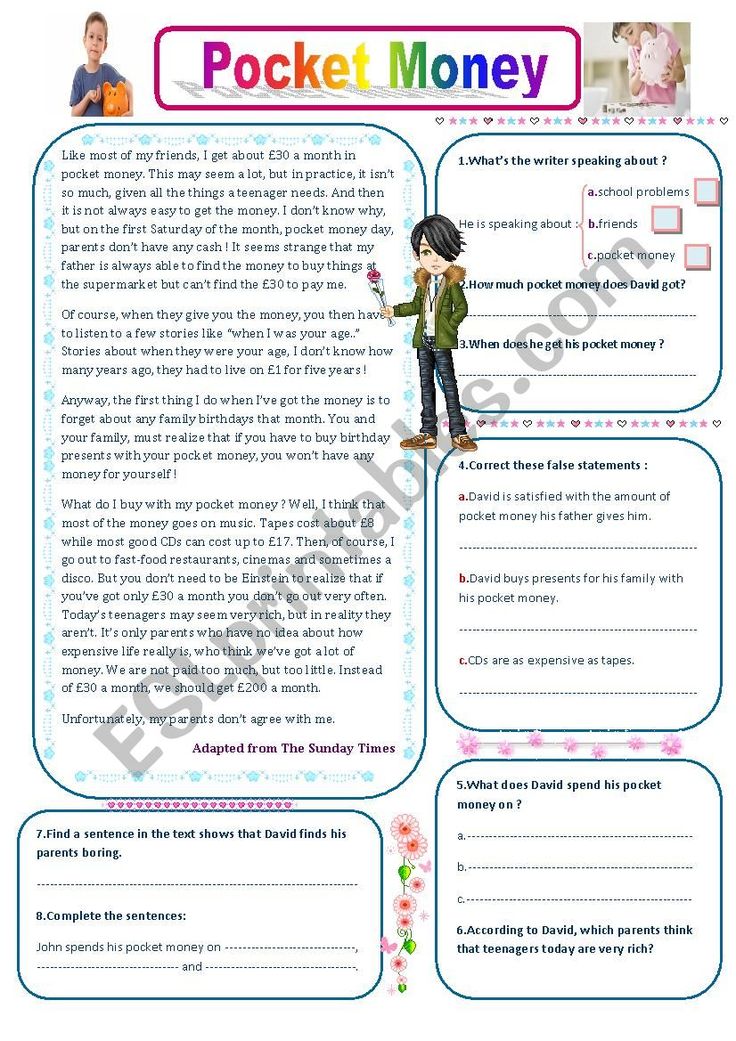 Fortunately, resources exist to help get mental health help without insurance.
Fortunately, resources exist to help get mental health help without insurance.
If you are living without health insurance, you know how worrying it can be to need medical or mental health care. Inpatient care in a hospital, nursing home or residential treatment center can cost over $1,000 a day for many conditions, with many additional costs for outpatient follow-up care, medications and transportation to and from necessary office visits.
Paying any substantial fraction of these costs out of pocket without help is beyond the reach of most Americans, and far outside of most uninsured people’s ability to pay.
Mental Health in the United StatesMental health conditions are not rare in the United States, nor are they confined to any one subset of the population. In 2017, nearly 20% of U.S. adults reported experiencing some symptoms of clinical mental illness. These numbers spiked in 2020, during the COVID-19 pandemic.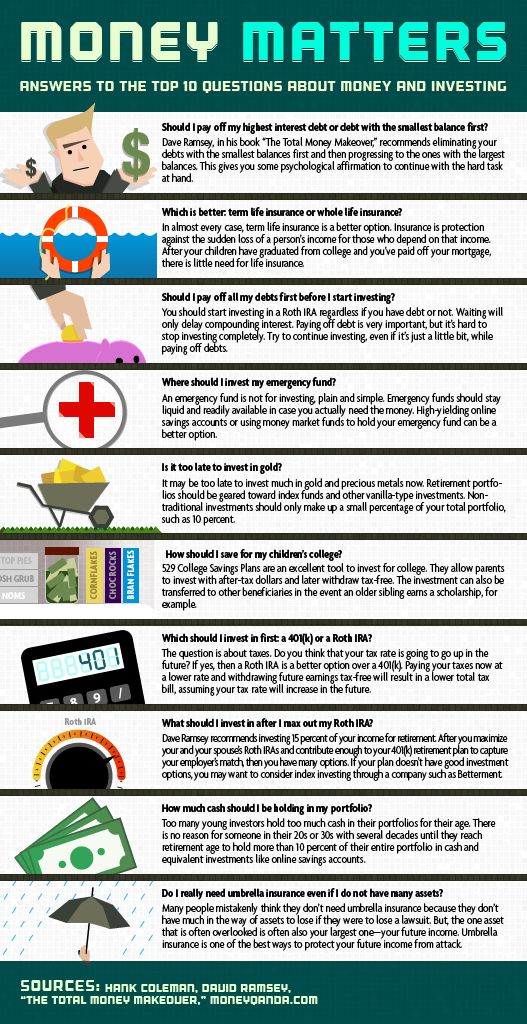 In that year, the number of adults who got a mental health evaluation for anxiety and depression rose by 93% over 2019 numbers, which were already high.
In that year, the number of adults who got a mental health evaluation for anxiety and depression rose by 93% over 2019 numbers, which were already high.
A distressingly large number of people with mental health issues have little to no insurance. Nationwide, nearly 11% of adults with some form of mental health disorder have no insurance at all. That amounts to over 5 million Americans who need to find some way to pay for expensive mental health treatment without insurance, sometimes without much cash on hand.
Living With Mental Health ConditionsTens of millions of people have unmet mental health needs. While many conditions are relatively mild and manageable, many others can disrupt life and may be very serious. Depression, anxiety and schizophrenia are all leading factors in suicide, as are drug and alcohol addictive disorders.
Left untreated, many people with mental health issues fall behind in their work, home and family lives, personal care routines and even may become a threat to themselves or other people.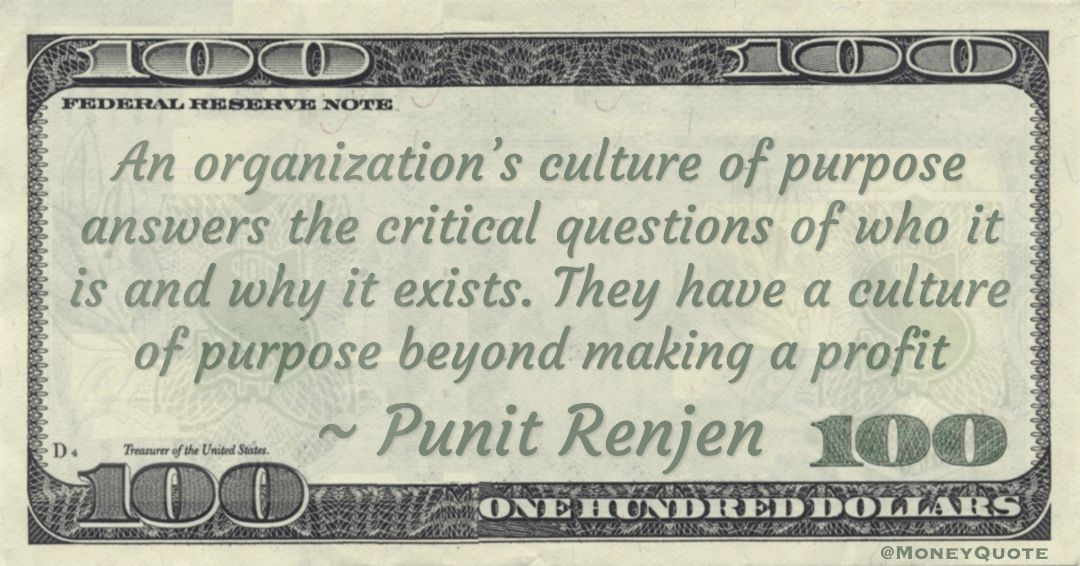
Untreated mental illness is a common issue among people admitted to hospital emergency rooms, involuntary substance abuse treatment and jail.
If you have the symptoms of a mental illness, or if you've been diagnosed with a mental health disorder, it's important for yourself and the people who care for you that you get the help you need to live a safe and productive life.
How to Get Mental Health Help Without InsuranceFortunately, help for mental health without insurance does exist, though it can be hard to find in some areas of the country. If you think you might be having a mental health crisis, especially if you have thoughts about hurting yourself or other people, immediately call the Substance Abuse and Mental Health Assistance (SAMHSA) National Helpline at 1-800-662-HELP (4357). This resource is free, confidential and staffed by professional volunteers who can talk you through a crisis and connect you with resources nearby that can help.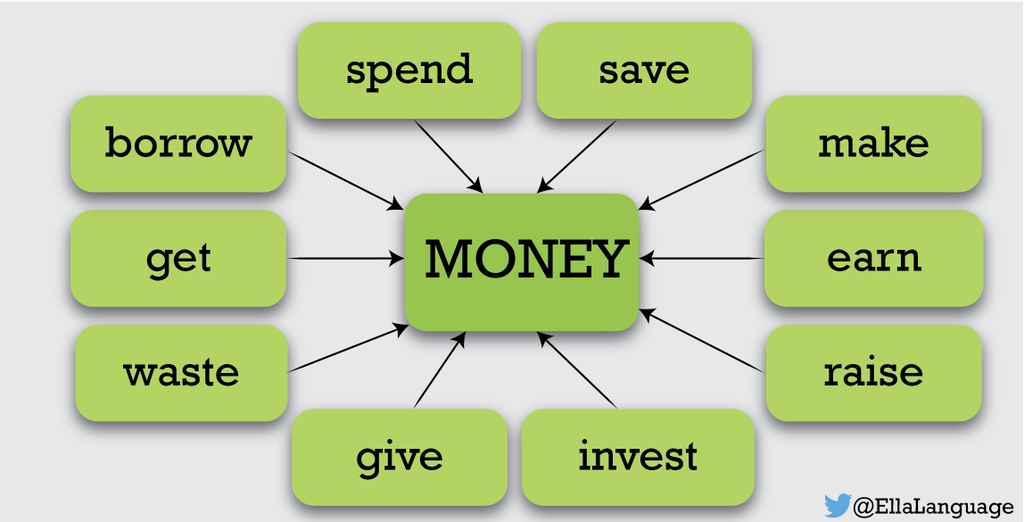
If your need for mental health services is less dire than an emergency, you can try applying for Medicaid to get the help you need. It is often the case that people who lack health insurance simply can’t afford a policy on the private market. If your income and assets meet state maximum limits, you could be eligible for free or low-cost healthcare that includes the mental health services you need. You can apply for Medicaid through your local human services office online, by phone or in person with an appointment.
Resources for Mental Health Without InsuranceMany of the resources available for mental healthcare without insurance are local and take some searching to find. Be aware that, in a crisis, every licensed medical provider is required to provide emergency care, although the cost may be expensive.
Student health centers operate on every federally-funded college campus and offer no-cost referrals for mental health help to students. University hospitals also typically have teaching programs for students studying to become mental health providers that can provide free or steeply discounted evaluations and limited care to uninsured people.
The National Alliance on Mental Illness operates a toll free helpline for people who need to get mental health help with no insurance. You can reach NAMI online at Nami.org or by phone at 1-800-950-6264. You can also text “NAMI” to 741741 on a smartphone.
How to get help from a psychologist for free: 11 support centers
You can get a free consultation with a psychologist under the CHI policy - for this you need to contact the neuropsychiatric dispensary at the place of residence. Fortunately, there are other ways to consult with a specialist for free, even if there is no registration in the desired area. We have compiled a list of places where you will be listened to and supported. Remember, there is no shame in asking for help. In addition, studies show that free psychotherapy is just as effective as paid therapy.
Free consultations for HSE undergraduates
Anyone can apply for face-to-face — in Moscow — or online consultations. Three sessions of 50 minutes will be held free of charge. To sign up, fill out the form
To sign up, fill out the form
Find out more
Emergency Psychological Service of the Russian Emergencies Ministry
Residents of all regions of the country can apply for emergency and anonymous help at any time: the phone works around the clock. You can also register on the site and get advice in writing.
Phone number: +7 495 989-50-50
Find out more
Online groups of the Moscow Gestalt Institute stress and anxiety. Meetings are held on Zoom three times a day and last for 1.5 hours. Limited number of seats. Appointment - at the link
Find out more
Hotline of the "Clear Morning" service
The main specialization of the service is to help cancer patients. But now anyone who needs emotional support in this situation can call her hotline for free. The call can be made anonymously and around the clock.
For calls from Russia: 8 800 100 01 91.
For calls from abroad: +7 499 553 04 70
Find out more
Free consultation at the Mental Health Center
conflict zones or was forced to leave their homes.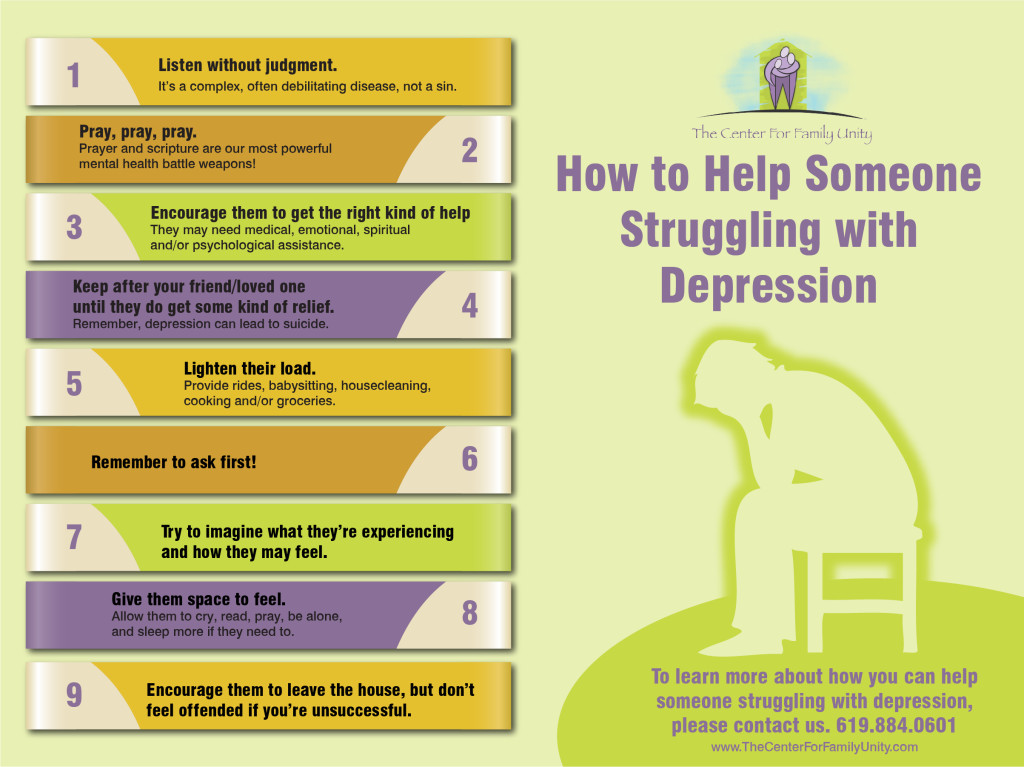 Or if it happened to loved ones. After the first consultation, it is possible to receive further assistance on preferential terms. Online or face-to-face in Moscow. You need to fill out a form on the center's website and wait for the administrator's response
Or if it happened to loved ones. After the first consultation, it is possible to receive further assistance on preferential terms. Online or face-to-face in Moscow. You need to fill out a form on the center's website and wait for the administrator's response
Find out more
Sisters Helpline
Usually helps survivors of sexual violence. But now he provides psychological support to everyone who needs it. To receive it, you can call the center any day from Monday to Saturday from 10:00 to 20:00. An alternative option is to write to [email protected].
Phone number: +7 499 901 02 01
Learn more
EMDR Group Sessions for Anxiety Reduction
EMDR is used to treat problems caused by traumatic experiences. The EMDR Association of Russia organizes free sessions from Monday to Saturday. You need to follow their schedule in the Telegram chat. Sessions are broadcast on YouTube
Find out more
Psychological support phone “You are not alone”
Project specialists usually help women who have experienced violence. But now everyone can call. Anonymously, from 09:00 to 21:00 Moscow time.
But now everyone can call. Anonymously, from 09:00 to 21:00 Moscow time.
Line for women: 8 800 707 78 46.
Line for men: 8 800 707 54 65
Find out more
Chat “Your territory.online”
. The consultation takes place in the format of online correspondence. The chat is open daily from 15:00 to 20:00 Moscow time
Find out more
Free consultations of the Yaroslavna project
The psychological help line for women is open on weekdays from 10:00 to 21:00 Moscow time. Graduates of the Institute of Practical Psychology and Psychoanalysis answer. After three diagnostic consultations over the phone, you can also arrange face-to-face free meetings with a specialist, if necessary.
Phone number: +7 495 120-16-60
Find out more
Online consultations of the Neterpi Center
To sign up for an online consultation on Zoom, you need to leave a request on the website. Keep in mind that there are a lot of applicants now and you may have to stay on the waiting list.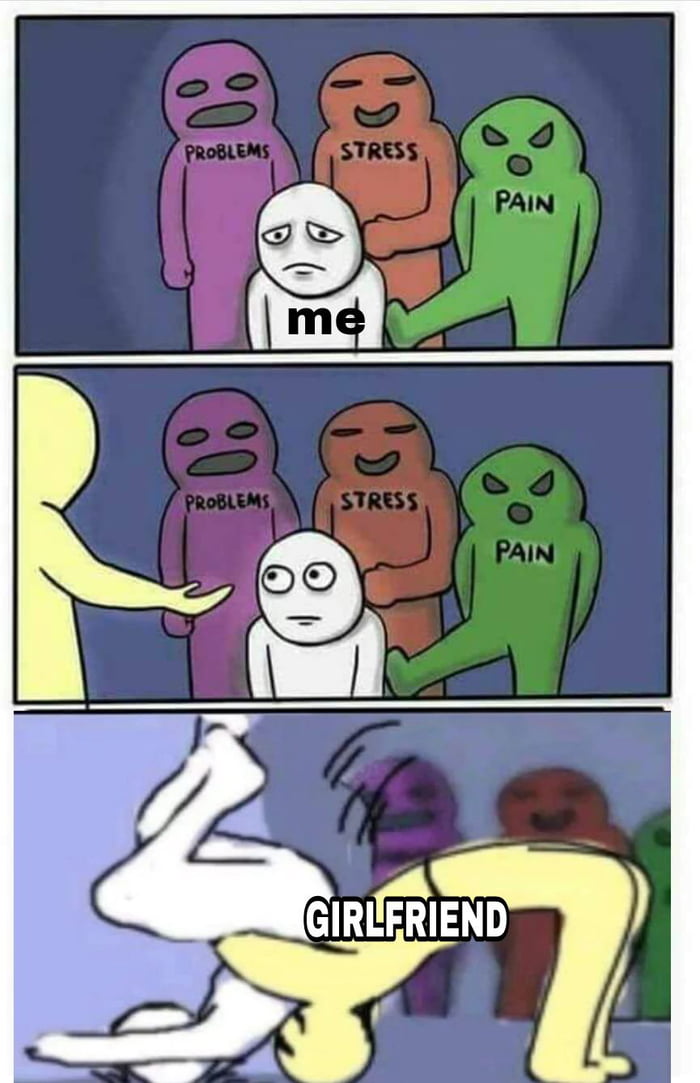 If you want to wait less, choose a group format
If you want to wait less, choose a group format
Find out more
More about psychotherapy
In our stream of the same name. We tell you how to maintain mental health in conditions of economic instability
Read articles
Data correct at time of publication
Articles on how to get through hard times:
1. Phrases to calm loved ones.
2. Stoic techniques to deal with anxiety.
3. How to follow the news and worry less.
News that concerns everyone is in our telegram channel. Subscribe to be aware of what is happening: @tinkoffjournal.
What to do if there is no money for a visit to a psychotherapist
Know yourselfHealth and beautyListening to your body
- Photo
- Shutterstock/Fotodom.ru
Considering how much a psychologist costs today, many Russians put off a visit to a specialist, even if the problem is obvious. Moreover, people are frightened by the need for long-term therapy: usually the matter is not limited to one meeting, but systematic joint work of a specialist and a client is required.
Moreover, people are frightened by the need for long-term therapy: usually the matter is not limited to one meeting, but systematic joint work of a specialist and a client is required.
What to do if there is no money for a psychologist, and a person suspects, for example, an eating disorder (EDD)? According to Zhenya Donova, psychologist, practitioner of cognitive behavioral therapy and acceptance and responsibility therapy, author of book "It's easy to be yourself" , this argument often becomes a reason to do nothing at all with your eating behavior. However, even being constrained in funds, a person can do quite a lot:
-
visit a psychiatrist - this is either a one-time expense if the doctor sees in a private clinic, or completely free of charge under the CHI policy;
-
sign up for a free group - for example, Compulsive Overeating Anonymous, such groups even work online;
-
find a paid group where, for the price of one or two sessions with a psychologist, you will be given all the necessary tools for self-help with eating disorders;
-
Gradually save money for therapy, because taking care of your own health will dramatically improve the quality of life.
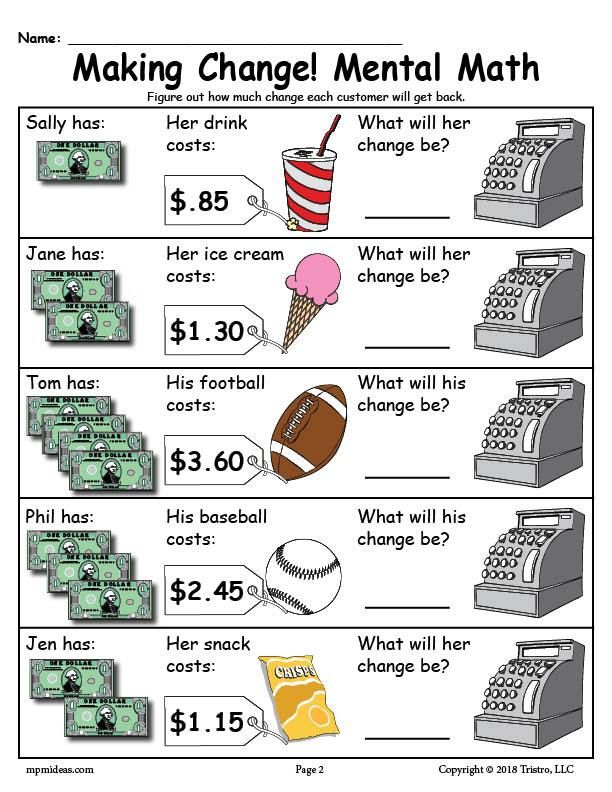
As Kirill Sychev, psychiatrist, psychotherapist, author of the book on the treatment of depression “So-so” , adds, a visit to a psychotherapist or psychiatrist is a way to detect in time not only which you made an appointment, but also others. “According to recent studies, if a person has at least one psychiatric diagnosis, then in 30% of cases he will have four more,” the expert emphasized.
In addition, in recent years, the stigma associated with psychotherapy and psychiatric visits has been gradually disappearing, and literacy rates have been rising. Even if a person does not have money for long-term therapy, he can at least to some extent help himself with the help of self-education: more and more high-quality and accessible literature on psychological topics and health is coming out.
Text: PSYCHOLOGIES.RU editorial Date of publication: July 1, 2022
New on the site0003
"We're having a baby soon and my husband spends all day playing and losing money on bets"
Why we cheat: 4 reasons - check your relationship
Sports, alcohol and sex: 15 types of hidden self-destruction - unusual confessions
confess your sexual fantasies to your partner
“I am constantly lashing out at my children, I am often anxious and annoyed.